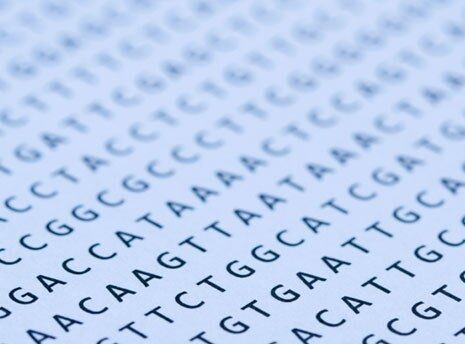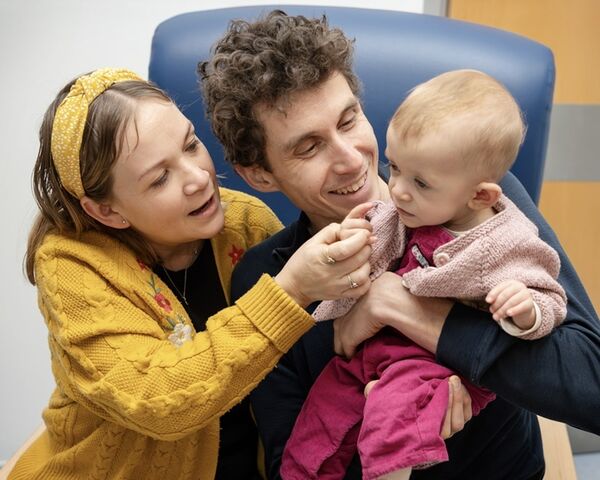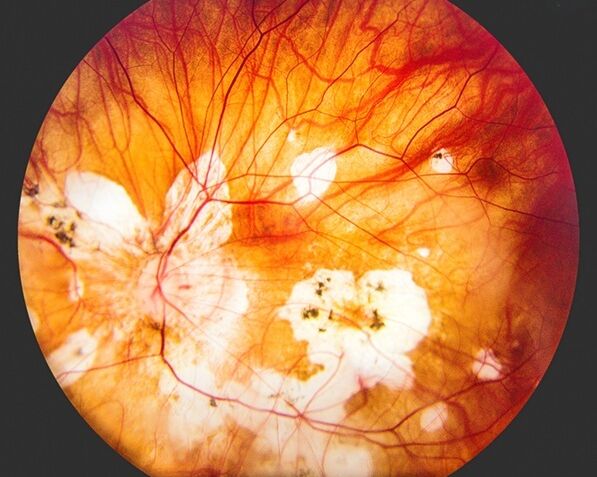From One to One Hundred Thousand

15th Anniversary of the Human Genome Project
Fifteen years ago today, Bill Clinton and Tony Blair simultaneously announced the first draft of the entire human genome.
It had taken £2 billion and the work of tens of thousands of scientists in the UK, the US and around the world to read the 3 billion letters that make up the code of the human genome. The sequence was finally declared complete in 2003.
Professor Tim Hubbard of King’s College London was a key part of the UK team at the Wellcome Trust Sanger Institute that contributed to the Human Genome Project. He is Head of Genome Analysis here at Genomics England, working on the 100,000 Genomes Project. He said:
“The day was dominated by a press conference at the Wellcome Trust at 11am, embargoed until the joint White House / No. 10 announcement at 4pm. My memory of the day was of the huge excitement at this being one of mankind’s greatest achievements and of the possibilities for future health care. However, given the effort that had been required to determine that first sequence no one expected it so quickly to become practical and affordable to sequence individuals on the large scale possible today”
It was an astonishing achievement and it brought many surprises. Scientists had been expecting to find at least 100,000 genes, however at the time of the announcement they estimated only 38,000. It is now known there are less than 20,000 genes accounting for a mere 2% of the total DNA in the genome. It has only recently become clear that these genes are controlled by many tens of thousands of regulatory elements scattered across the rest of the genome sequence.
The fact that scientists had little clue at the time about the function of the vast majority of the genome did not deter the world’s media who claimed that the Human Genome Project would revolutionise medicine ‘within the next three years’. In fact it has taken 15 years for the revolution to arrive. Today, the UK is the first heath system in the world to introduce genomic medicine into mainstream healthcare in the NHS through the 100,000 Genomes Project.
The 100,000 Genomes Project is only possible because of dramatic advances in technology which have made whole genome sequencing rapid and affordable. A human genome can now be sequenced in a few days, and for less than £1,000. This means sequencing can be undertaken both quickly as a rapid diagnostic and on a large scale. And that large scale is vital in order to understand the differences between individuals, or groups of people. Humans share about 99.8% of their genome but it is the immense variation in the remaining 0.2% that make us each unique. Most of these differences are simply normal variations. But some variations can cause disease.
Our knowledge of human genetics and genomics has moved on rapidly too. When the Human Genome Project first began, the DNA that wasn’t part of genes was simply classed as junk. We know now every bit of DNA is important. And that’s why we have moved away from sequencing all someone’s genes to sequencing their whole genome.
We now have a real opportunity to turn discoveries about genomics into healthcare benefits for NHS patients. At the moment we are working with patients with rare disease and cancer. By analysing an individual’s genome, we hope to be able to pinpoint the change that is causing their disease for those with rare diseases. This means we may be able give people a diagnosis where there was not one before. In some cases, it may also point to new treatments for their condition.
For cancer patients the situation is similar, though more complex. One of the great discoveries of the last few years is that everybody’s cancer is different. A cancer’s genome differs not only between individuals with the same cancer, say breast cancer, but also differs from the healthy genome of the person who has the cancer. It’s more than just one or a few changes in the genome. Often, whole sections of the code are moved, re-arranged, deleted or multiplied. This is what makes cells in a tumour grow and divide – the genome has become damaged. Looking at the type of changes gives clues as to which treatments might work best and gives hope for new medicines designed on what we know has gone wrong in the genome.
We’ve come a long way since the draft of the first human genome. Finally whole genome sequencing is delivering the benefits promised in the announcements 15 years ago with the 100,000 Genomes Project leading the way, transforming care and outcomes for patients in the NHS.


